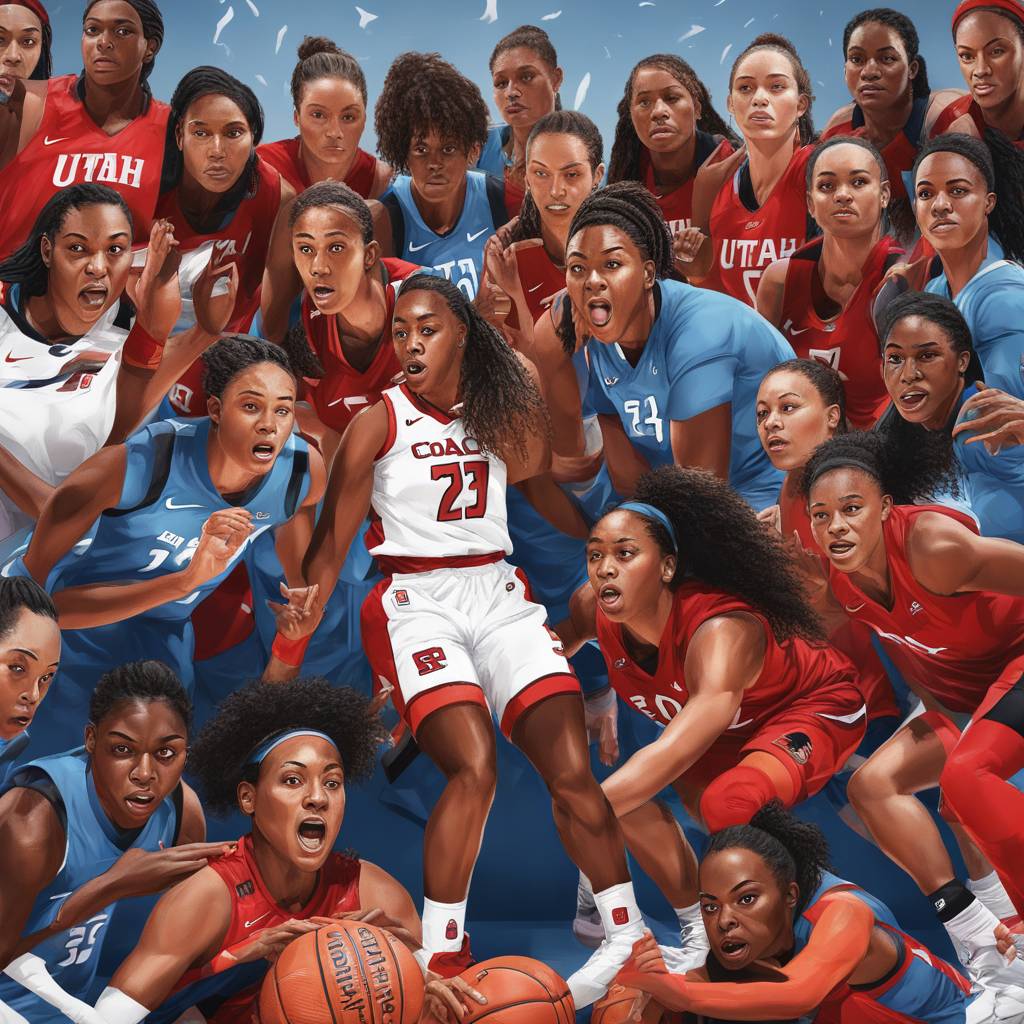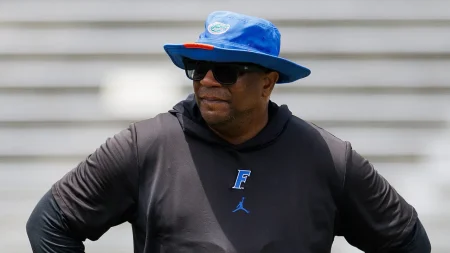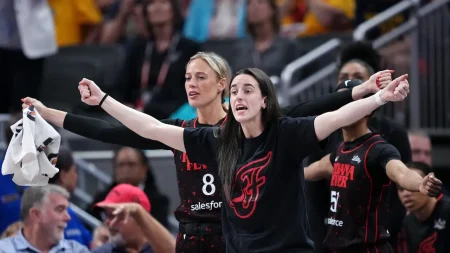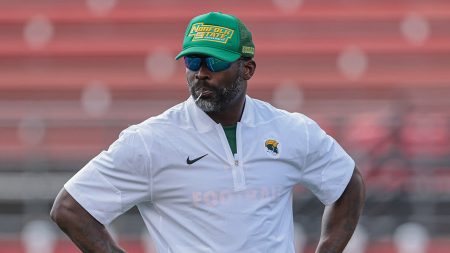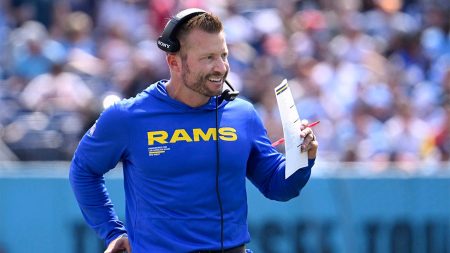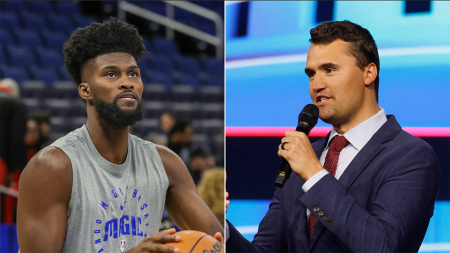Utah women’s basketball coach Lynne Roberts revealed that her team was forced to change hotels due to “racial hate crimes” while in Coeur d’Alene, Idaho for the NCAA Tournament. The incidents occurred Thursday night after the team arrived and sparked concerns about their safety. Roberts did not go into specifics but described the incidents as disturbing and upsetting for the team. The team, along with South Dakota State and UC Irvine, had to stay in Idaho due to a lack of hotel space in the Spokane area.
Roberts expressed her shock at encountering racism in an athletic and university setting, where diversity is usually celebrated. She emphasized that racism is real and can happen to anyone, regardless of race. The incident left players and staff feeling unsafe in what should have been a positive and joyous NCAA Tournament experience. Roberts called the situation a “distraction and upsetting and unfortunate” and expressed disappointment that it marred the team’s overall experience.
Despite the unsettling events, Utah received assistance from the NCAA and Gonzaga, which helped them relocate to a new hotel on Friday. Gonzaga released a statement expressing their frustration and sadness that the incident compromised what should have been a positive experience for all involved. The university emphasized that the values, standards, and beliefs they uphold do not align with the racist acts that occurred during the tournament. The team ultimately lost to Gonzaga in the second round of the tournament.
The incident serves as a reminder of the ongoing issue of racism and discrimination that persists in society, even within the realm of college athletics. Roberts’s comments shed light on the importance of addressing these issues and creating a safe and inclusive environment for all athletes and staff. The team’s experience highlights the need for continued efforts to combat racism and promote diversity and equality in sports and beyond. The situation also underscores the impact that acts of hate and discrimination can have on individuals and teams, ultimately affecting their overall tournament experience.
As the team and coaching staff navigate the aftermath of the incident, it serves as an opportunity to raise awareness and advocate for change within the sports community. By speaking out and taking action against racism, individuals and organizations can work towards creating a more inclusive and welcoming environment for all athletes. The support provided by the NCAA and Gonzaga in helping Utah address the situation demonstrates the importance of solidarity and unity in the face of discrimination. Moving forward, it is crucial for all stakeholders in the sports world to continue working towards eradicating racism and promoting diversity and inclusion.




